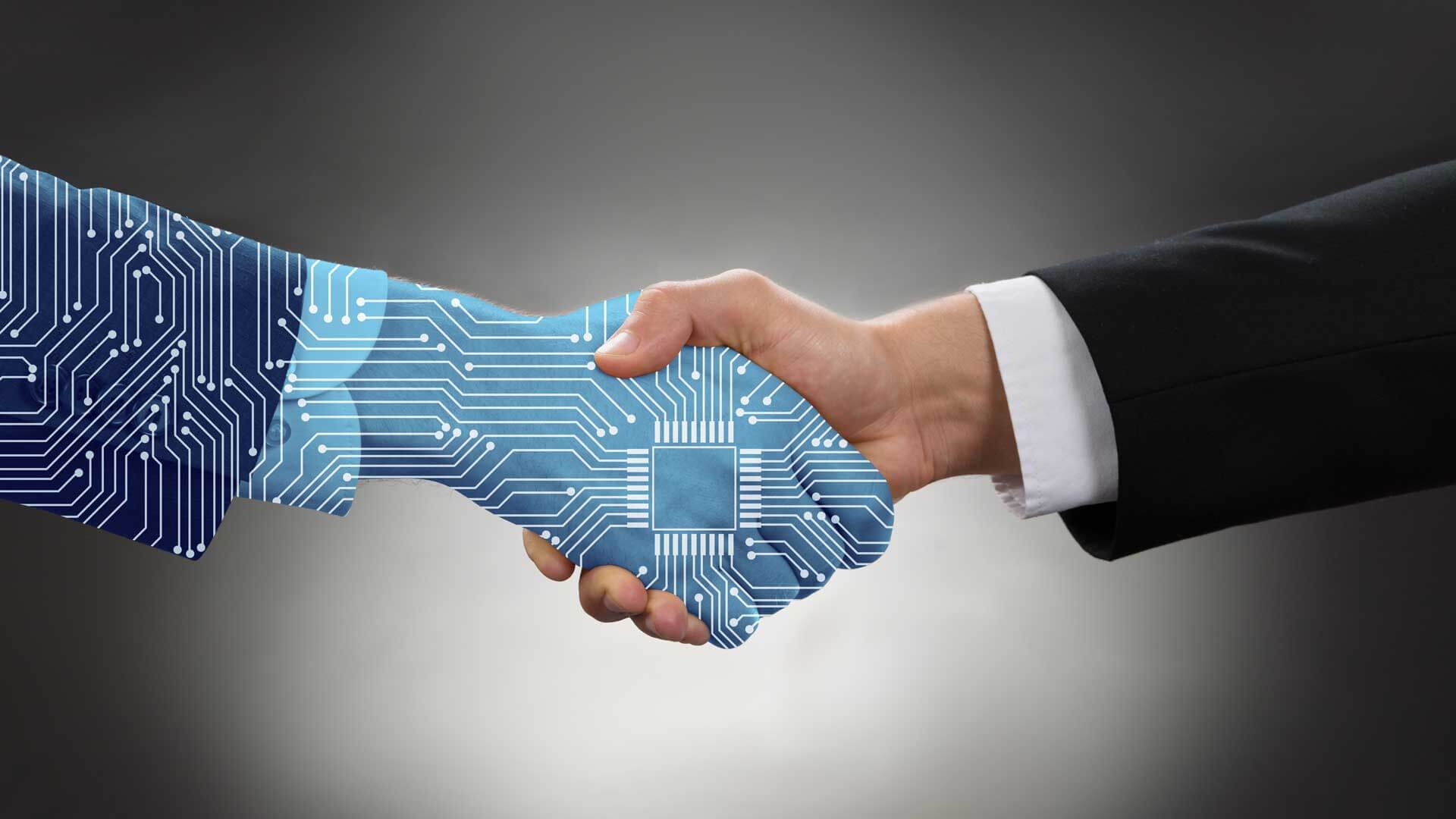Technology disruption has emerged as a transformative force that is reshaping industries globally in unprecedented ways. From healthcare to finance, manufacturing to entertainment, virtually every sector is feeling the profound impact of technological advancements. One of the most notable trends is the acceleration of digitalization. As the world becomes increasingly connected, data has become the new currency, and businesses are racing to harness its power. The rise of artificial intelligence AI, machine learning, and big data analytics has ushered in a new era of data-driven decision-making, enabling companies to optimize their operations, enhance customer experiences, and create innovative products and services. In healthcare, for example, AI-driven diagnostic tools are revolutionizing patient care, providing quicker and more accurate diagnoses. This digital transformation is also reshaping finance, with fintech startups challenging traditional banking models through innovative payment solutions and decentralized finance DeFi platforms.
The automotive industry is another sector experiencing significant disruption, with electric vehicles EVs leading the charge. The shift towards sustainability and environmental concerns has accelerated the adoption of EVs, prompting traditional automakers to pivot towards electric vehicle production and battery technology development. Tech giants like Tesla have not only pioneered the EV market but also introduced self-driving capabilities, blurring the lines between automotive and tech industries. These advancements are not only reducing carbon footprints but also redefining mobility and transportation as we know it. The entertainment industry has been revolutionized by streaming platforms, with giants like Netflix, Amazon Prime, and Disney+ transforming how we consume content. Traditional cable TV is dwindling as consumers opt for on-demand, personalized streaming experiences. Moreover, content creation has become democratized with the rise of user-generated content on platforms like YouTube and TikTok. AI algorithms analyze user preferences to recommend tailored content, leading to an explosion of niche audiences and opportunities for content creators.

In manufacturing, Industry 4.0 is reshaping production processes. The integration of the Internet of Things IoT, automation, and robotics has led to smart factories where machines communicate and make real-time decisions. This not only boosts efficiency but also reduces errors, minimizes downtime, and enhances overall product quality. 3D printing is another transformative technology, enabling rapid prototyping localized production, reducing supply chain vulnerabilities, and promoting sustainability. The retail landscape has been disrupted by e-commerce giants like Amazon, which have redefined how we shop. The convenience of online shopping, coupled with AI-driven personalized recommendations, has shifted consumer behavior and expectations. Physical stores are increasingly adopting technology, such as cashierless checkout systems and augmented reality experiences, to remain competitive and enhance the in-store shopping journey. Even traditional agriculture is experiencing a technological makeover with precision farming techniques. IoT sensors, drones, and AI-powered analytics are optimizing crop yields, reducing resource waste, and contributing to sustainable agriculture practices.

